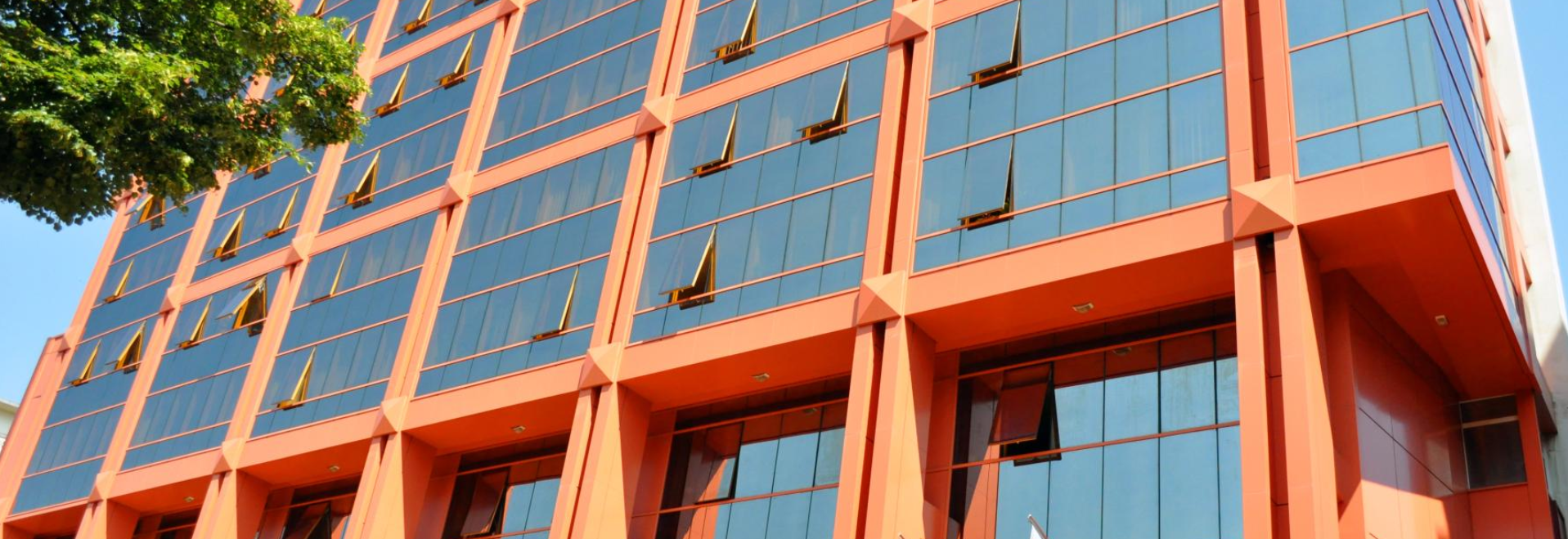
The Bulgarian National Audit Office presented its effectiveness measures in times of pandemic at the UN/INTOSAI Symposium
The 25th UN/INTOSAI Symposium “Working during the pandemic: building on the experience of Supreme Audit Institutions (SAIs) for strengthening effective institutions and achieving sustainable societies” was held online on 28 – 30 June 2021. The event was organized in 4 panels. The first of them discussed the impact of COVID-19 on SAIs’ organizational capacities, working methods and processes and the Bulgarian National Audit Office took part in it with a presentation.
The BNAO President Mr. Tzvetan Tzvetkov discussed the challenges faced by our institution and the decisions taken towards efficient performance in times of COVID-19. He mentioned the negative social and economic impact of the pandemic, which led to a decline in GDP, industrial production and employment, as well as rise in public debt, and seriously affected key economic sectors, such as tourism, trade and construction, thus generating significant unemployment. “In these challenging times, the BNAO pursues the principal objective of protecting the health of its employees and delivering high-quality audits”, pointed out President Tzvetkov. He discussed the measures taken in this respect – strict entry control within BNAO premises and daily disinfection of the workplaces. The BNAO was quickly able to switch to remote work in the very early stages of the pandemic – thanks to the provision of portable equipment to its employees, remote VPN connection to its servers and a specialized software for management and documenting of the audit process. But in order to achieve this, a number of activities had been implemented in the previous years aimed at upgrading the IT infrastructure and ensuring the institution’s information security, including by introducing the Information Security Management System in compliance with ISO 27001. In this way, the BNAO was able to instill confidence in the society and the audited entities that the exchanged information was duly protected. Other recent changes include amendments to the Manual on the Application of ISSAIs and the BNAO Audit Activity in the part regulating the use of electronic and electronically signed documents as evidence in audits. In addition, more opportunities for online trainings of BNAO employees were provided.
Despite the challenges, in 2020 the BNAO held 49 sessions and adopted 497 decisions, pointed out President Tzvetkov. 315 audit reports were adopted and published on the BNAO website in 2020 and 70 reports – as at May 2021. The institution continued to take part, albeit online, in international parallel and coordinated audits, and the working groups of INTOSAI, EUROSAI and the Contact Committee of the Supreme Audit Institutions of the European Union and the European Court of Auditors.
Other institutions also joined in the panel discussions and presented the impact of the pandemic on their work – namely the World Bank and the SAIs of Hungary, Mongolia, Bhutan, Brazil, Portugal, Egypt and Mexico.
The second panel was dedicated to the SAIs’ experience and good practices in auditing the COVID-19 responses and recovery plans, where the SAIs of the Russian Federation, France, Indonesia, Iraq, Palestine and Austria shared their experience on this topic.
The third panel discussed the innovative approaches to enhancing the transparency and accountability of the COVID-19 responses with contributions by the SAIs of Germany, the United Arab Emirates, South Africa, Chile, UNOCD and Estonia.
Finally, in the fourth panel the participants shared their views on the topic of resilient accountability systems and institutions in the aftermath of COVID-19 with contributions from SAIs of USA, Salvador, IDI, Argentina, Kenya and Italy.

